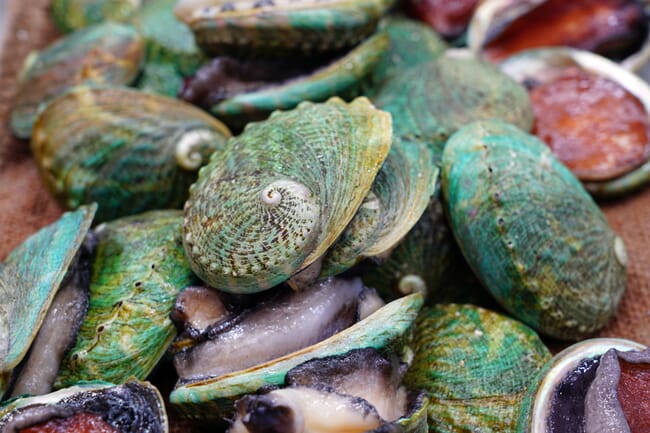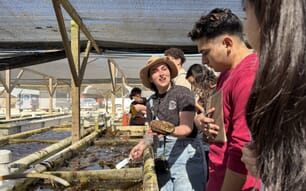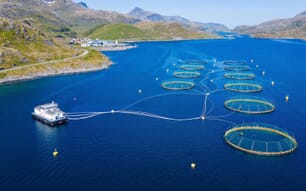
The Western Australian company harvested a total of 75.9 tonnes of the molluscs – a 39 percent increase on the previous year. However, they reported their lowest price on record – 18 percent lower than pre-Covid levels – blaming the pandemic for hitting key markets in Asia.
“Our primary focus was on cost containment, as our key customers in the restaurant and food services of our traditional markets of Hong Kong and Singapore were impacted. We managed to curtail production as swiftly as demand was halted, which was no easy feat. There was an excess of supply of abalone world-wide and consequently, prices were severely impacted across the board for both the wild and farmed sectors,” wrote Peter Harold, non-executive chairman, in the company’s latest annual report.
“The irony for OGA, was that all of this occurred when we had really begun to hit our straps. The hard work by our team over the previous three years meant we were harvesting our pristine greenlip abalone at the highest rates in our history, just as demand dropped. Additionally, we had spent 12 months prior, working on a scoping study, to de-risk our supply chain, build our own hatchery and on land farming facility in Esperance with the ultimate aim to grow our revenue stream,” he added.
The company operates a ranching concept, by which hatchery-bred juvenile abalone are placed on the company's own artificial reefs in the ocean and left to grow for 2-3 years until they reach a marketable size. They feed and survive in the wild.
During the last financial year, the company says that deployment of juvenile abalone continued to build back towards the pre-Covid deployment rates through the second half of the year, with an annual total of approximately 662,820 abalones restocked on its Flinders Bay reefs.
The company responded to the Covid-19 challenges through a combination of initiatives including 10 percent salary cuts for the board and senior executives and restructuring the executive team; changing its sales and marketing strategy; focusing more on domestic markets; collaborating with other export seafood industry participants, diversifying products produced; and expanding sales resource capacity.
Although the company is still concerned by the ongoing impact of Covid, it aims to continue its business plan by:
- Continuing to manage its research and development activities in Augusta with the longer-term aim of achieving a commercially efficient and self-sustaining core abalone ranching operation.
- Developing and further diversifying its international export supply chains.
- Developing domestic high-end clientele.
- Developing its "Ocean Pantry" retail and tourism presence concept in Augusta and Fremantle.
- Further expanding the current Augusta operations, continuing various trial and research programmes at other sites around Australia, including the 600-tonne land-based hatchery at Esperance.




